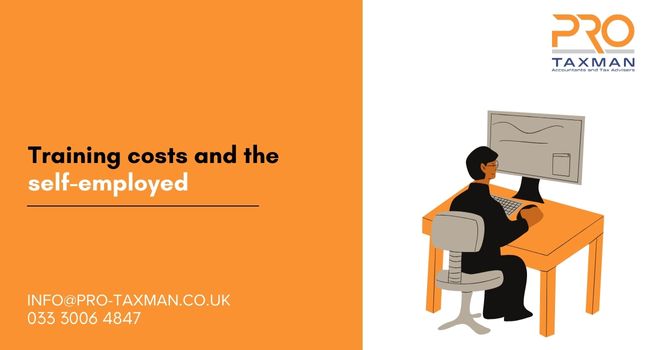A sole trader or proprietor of an unincorporated business may incur training costs. The tax treatment of those costs depends on whether the costs are regarded as ‘revenue’ or ‘capital’ expenditure. HMRC have revised their guidance in this area, expanding the range of training for which a deduction is available.
Old rules
Previously, HMRC only treated training costs as revenue expenditure where they updated existing knowledge or expertise. Any training that provided the proprietor with a new skill was deemed to be capital expenditure with the result that the proprietor was unable to deduct the costs in computing their taxable trading profits.
New rules
HMRC now accept that expenditure incurred by the owner of a business on training courses undertaken by them is revenue expenditure if the course of learning:
- updates existing expertise or knowledge; or
- provides new knowledge or expertise.
This means that costs incurred on training to acquire new skills or knowledge to keep pace with technological advances or changes in industry practice will usually be allowable where they relate to the proprietor’s existing business area. They also accept that courses that are ancillary to the owner’s main business area, for example, an introductory bookkeeping course, may also be classed as revenue expenditure depending on the facts of the case.
Expenditure on training unrelated to the owner’s existing business, such as that which would allow them to branch out into a new area, is unlikely to be allowed as a deduction. This is illustrated by the decision reached by the Special Commissioners in a case in which a taxpayer who traded as an English tutor and as an advisor in bringing appeals before various tribunals was denied a deduction for the cost of resitting examination fees that would have provided him with a diploma in law. The deduction was denied as the course was a ‘bridging course’ to equip him with new skills to allow him to move into new areas of practice which the Special Commissioners found to be capital expenditure.
Application
HMRC’s updated guidance contains examples to illustrate when a deduction for training costs would be forthcoming and when it would be denied.
Allowable expenditure would include:
- costs incurred by a wedding photographer on an online refresher course using photo editing software;
- the costs of an introductory bookkeeping course incurred by a plumber to help him run his business better;
- the costs of an e-commerce and website development course incurred by a potter currently selling his pottery on a local stall which will enable him to move his business online;
- costs incurred by a web designer in completing a short course in AI which will provide her with new expertise in an upcoming area of technology related to her business;
- the costs incurred by a gas fitter on training in connection with installing heat pump systems as these skills are likely to be needed to future-proof his business;
- the costs of a nutrition course incurred by a personal trainer as her clients expect her to have a basic understanding of nutrition and this knowledge can be used in developing training plans; and
- the costs of a beginners’ course on drawing illustrations undertaken by an author who writes children’s books she sells online as this will improve the books she creates and save the costs of an illustrator.
By contrast, the following costs are likely to be disallowed:
- the costs of a course to become a driving instructor incurred by someone who is unemployed and wishes to become a driving instructor as the costs do not relate to an existing business;
- the costs of a sports science degree incurred by the owner of a sportswear shop selling branded clothing as the knowledge acquired will not specifically help him to sell sportswear;
- the costs of a tattooing course incurred by a freelance make-up artist as they are not related to her existing business; and
- the costs of a painting and decorating course incurred by a taxi driver who wants to move into the painting and decorating business as the course is not related to his current business.
Need professional accounting service or tax advice? Contact us to book a 15-min Free Consultation with us today.
To find out more please follow us on Facebook, Twitter, or LinkedIn. Feel free to contact us on 0333 006 4847 or request a call back by texting 075 6464 7474

